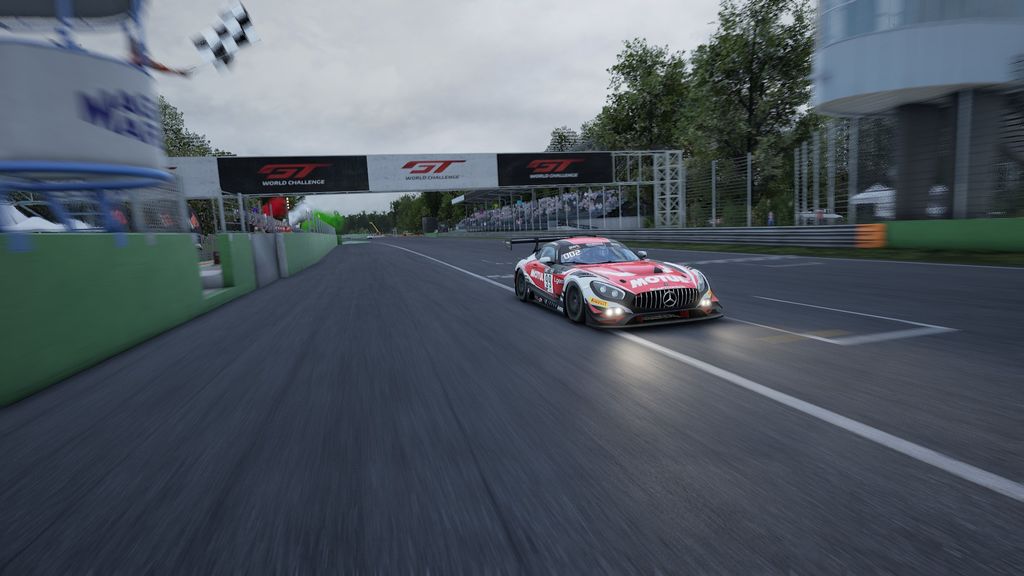Motul is title sponsor on four out of our eight cars on our esports campaign this year, and out of those four cars, three of them are accomplished real world drivers (Melvin Moh, Alex Jiatong Liang, Kevin Tse) and one is an experienced sim racer (Charles Theseira). It was very important to have Charles as part of the team, as his experience and knowledge in esport made a major impact in getting our drivers up to speed. I was actually quite surprised that our real-world drivers were all very quick, as several of them already had sims. I think putting in that quick lap is not the big issue, but more so building the consistency to deliver lap times and results on a consistent basis. From what I have seen so far, consistency is one of the key factors in sim racing, which goes beyond just lap times, but finding a way to stay out of trouble, finish races, and score points.













